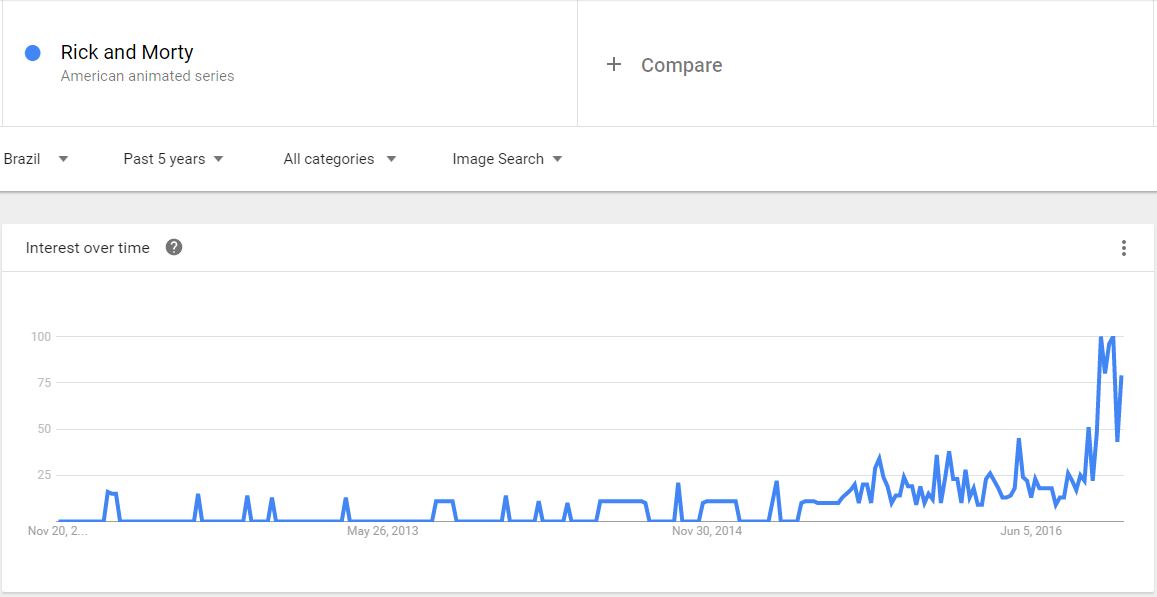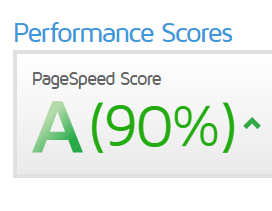You may have read the title of this article and thought, “Cats on the internet, huh? I see what you did there.” And you’re right. There’s a love affair between the internet and cats. As much as I’d love to go on a long tangent about this, I’ll save it for a future post and try to stay focused on The Cat Line.
What is Google Trends?
Google Trends is a tool that lets you track how many times people used Google to search a specific term. You can analyze and compare up to five keywords and refine the results with multiple filters. If you want to find out how many people in Brazil are searching for Rick & Morty pics in Google Image Search, then Google Trends is the tool to use.
Cool info. Looking up search volume on random TV shows or celebrities might be fun or interesting, but it probably won’t help you accomplish your goals. This tool, though, does have its place in your internet marketing toolkit, but you need to know how to use Google Trends.





